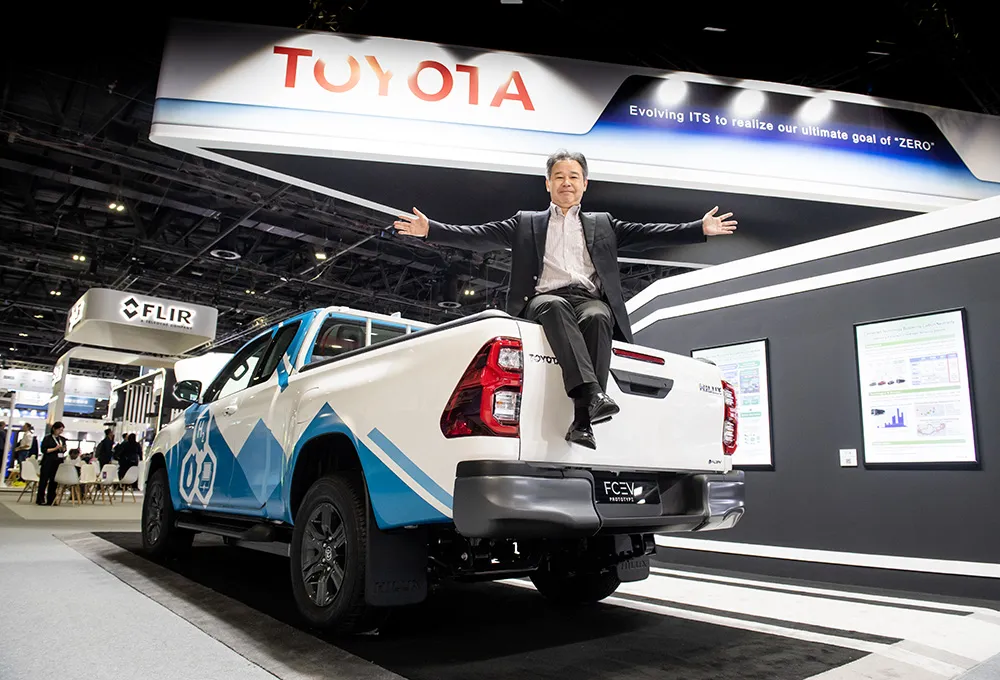Hydrogen fuel cell vehicles, which manufacturers aim to make commercially available from 2018, offer zero-emissions transport and function much like an electric vehicle. However, fuel cell vehicles must be refuelled, which takes approximately three minutes, so having the necessary refuelling infrastructure in place is crucial to ensure that the technology is commercially viable and attractive.
“Infrastructure providers are nervous about demand for their stations and need assurance from vehicle manufacturers,” explains HYFIVE project coordinator Simona Webb from the Greater London Authority, UK. “Car manufacturers, on the other hand, need to know their vehicles will have a reliable and accessible network of stations to serve their customers. This is why the EU-funded HYFIVE project makes perfect sense; it brings both parties together addressing any teething issues now before commercialisation.”
The project has already made 185 hydrogen vehicles operational, along with six hydrogen refuelling stations. In addition, five global automotive companies leading the drive towards commercialisation,
The project is focusing on three regions: the UK’s London region; the Copenhagen region in Denmark; and a southern European region comprising parts of Germany, Austria and northern Italy. “There are a lot of hydrogen fuel cell technology developments in these regions with infrastructure already in place,” explains Webb. “Data gathered from all HYFIVE stations will be used to address any technical or logistical issues, and to better understand the impact of operating a refuelling station network managed by different suppliers.”
The project is also working with manufacturers to demonstrate that fuel cell vehicles meet and exceed technical and environmental expectations. Toyota has already deployed its vehicles to commercial customers outside of HYFIVE, and in London, one of Toyota’s fuel cell vehicles operates part of a commercial private taxi fleet.
It also plans to establish best practice in new equipment maintenance procedures, along with guidelines for training those working within dealerships and the spare parts supply chain, which it says are essential if the technology is to be commercially viable.
Driving hydrogen fuel cell vehicles to market
An EU-funded project, with the support of the Fuel Cells and Hydrogen Joint undertaking (FCH JU), has installed hydrogen filling stations, tested prototype fuel cell vehicles and brought together car makers and infrastructure providers to push forward the commercial viability of this zero-emissions technology. Hydrogen fuel cell vehicles, which manufacturers aim to make commercially available from 2018, offer zero-emissions transport and function much like an electric vehicle. However, fuel cell vehicles mu
July 19, 2017
Read time: 3 mins
An EU-funded project, with the support of the Fuel Cells and Hydrogen Joint undertaking (FCH JU), has installed hydrogen filling stations, tested prototype fuel cell vehicles and brought together car makers and infrastructure providers to push forward the commercial viability of this zero-emissions technology.








